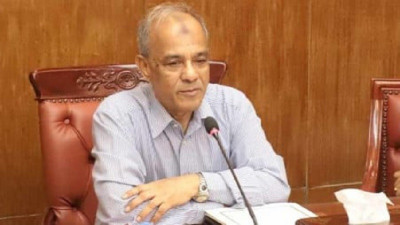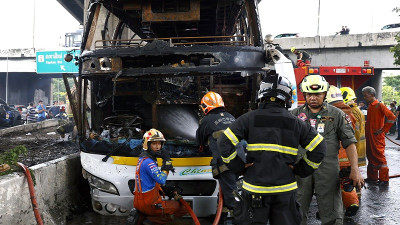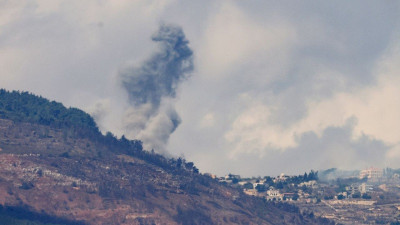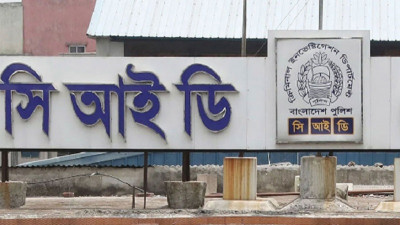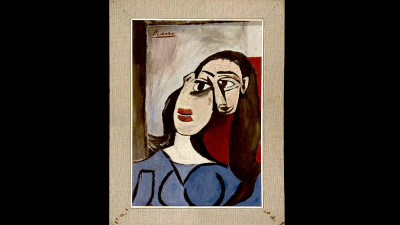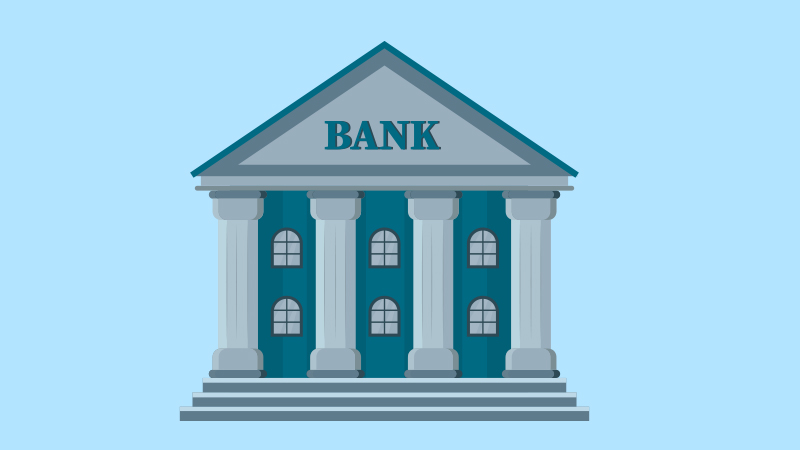 Photo: Bonik Barta
Photo: Bonik Barta The country was in turmoil for most of July due to the
student-mass movement. To suppress the unrest, the former Awami League
government implemented internet shutdowns, curfews and declared public
holidays. These measures brought economic activities and businesses to a
standstill. As a result, bank transactions across all mediums dropped
significantly. According to Bangladesh Bank data, bank transactions in July
decreased by almost BDT 1.5 trillion.
According to central bank statistics, total bank
transactions in July amounted to nearly BDT 5.66 trillion, down from nearly BDT
7.13 trillion in June. This marks a decline of BDT 1.47 trillion or 20.64
percent in a single month. The country conducts bank transactions via checks,
electronic fund transfers (EFT), credit cards, debit cards, internet banking,
mobile financial services (MFS), and agent banking. Among these, check-based
transactions saw the steepest decline in July, followed by internet banking and
MFS.
To suppress the July-August protests, the then Sheikh
Hasina government shut down mobile internet on the night of July 17, and
broadband internet was shut down at 9 pm on July 18. All forms of internet access
remained shut across the country for the next five days, with mobile internet
remaining suspended for ten days. Though internet services were later restored,
the speed remained slow. In addition to the internet shutdowns, the then
government imposed a curfew from the night of July 19 and declared public
holidays from July 21 to July 23. This resulted in the closure of banks and
stock exchanges. Even when official and business operations resumed, they were
limited in scope, reducing bank transaction hours. Experts believe these
government actions led to the sharp decline in banking transactions.
A large portion of the country’s banking transactions
occur through checks. According to Bangladesh Bank data, banks processed BDT
1.82 trillion through checks in July, down from BDT 2.34 trillion in June—a
drop of BDT 529.77 billion or 22.55 percent in a single month.
After checks, the second-largest volume of transactions
is done through MFS. MFS transactions amounted to nearly BDT 1.22 trillion in
July, down from nearly BDT 1.55 trillion in June. This marks a decline of BDT
329.13 billion or 21.12 percent. Additionally, internet banking saw
transactions of BDT 825.76 billion in July, down from BDT 1.04 trillion in
June. Within a month, transactions through this service decreased by BDT 219.29
billion or 20.98 percent.
Electronic funds transfer (EFT) is used to transfer money
online between banks. In July, BDT 742.38 billion was transferred through EFT.
Compared to BDT 946.53 billion transferred in June, this marks a decline of BDT
204.15 billion or 21.57 percent. Agent banking, which operates outside the
traditional branch network, also significantly declined in July. Transactions
through agent banking amounted to BDT 647.75 billion in July, down from BDT
731.28 billion in June—a drop of BDT 83.53 billion or 11.42 percent.
Transactions through debit and credit cards, which are
becoming increasingly popular, also declined in July. Debit card transactions
amounted to BDT 374.77 billion, down from BDT 478.39 billion in June, marking a
decline of BDT 103.62 billion or 21.66 percent. Credit card transactions in
July totaled BDT 26.54 billion, down from BDT 30.52 billion in June—a drop of
BDT 3.98 billion or 13 percent.
According to experts, internet services were suspended
for one-third of July due to protests. Curfews and public holidays also
affected bank transactions. Economic and business activities came to a halt
during this period, contributing to the decline in transactions. Moreover, cash
shortages at ATMs due to security concerns left many customers unable to
withdraw money, further reducing bank transactions.
City Bank Managing Director (MD) Mashrur Arefin told
Bonik Barta, “Before the mass protests, our app, Citytouch, facilitated around
90,000 transactions daily, amounting to approximately BDT 3.3 billion. During
the week of the internet shutdown, this figure dropped to zero. By the end of
August, transactions recovered to BDT 2.3 billion daily, with 55,000
transactions. Currently, Citytouch handles BDT 3.4 billion in daily
transactions.”
Crisis in the banking sector has not yet fully subsided.
After the fall of the Awami League government, an interim government led by Dr.
Muhammad Yunus took over. Dr. Ahsan H Mansur took office as the new governor of
Bangladesh Bank. Under the new governor, 11 banks' boards have been
restructured. Due to the lack of confidence, customers rushed to withdraw
deposits from troubled banks. This exacerbated liquidity issues. However, banks
with better governance have seen increased deposits, according to industry
insiders.
City Bank MD Mashrur Arefin added, “Over the last two months, City bank’s deposits have grown significantly. On July 31, our deposit balance stood at BDT 427.87 billion. By September 29, this increased to BDT 482.82 billion. That means City bank’s net deposit saw an increase of BDT 54.95 billion in just two months.”

